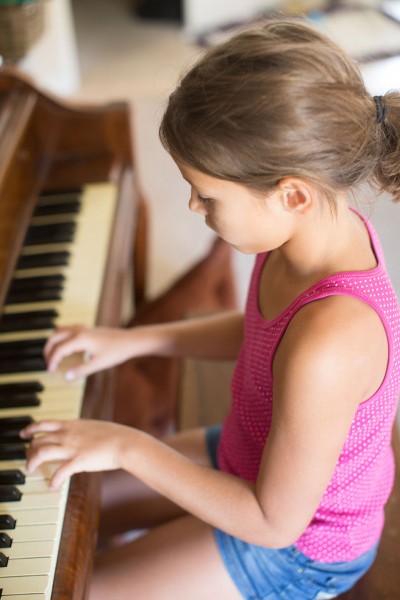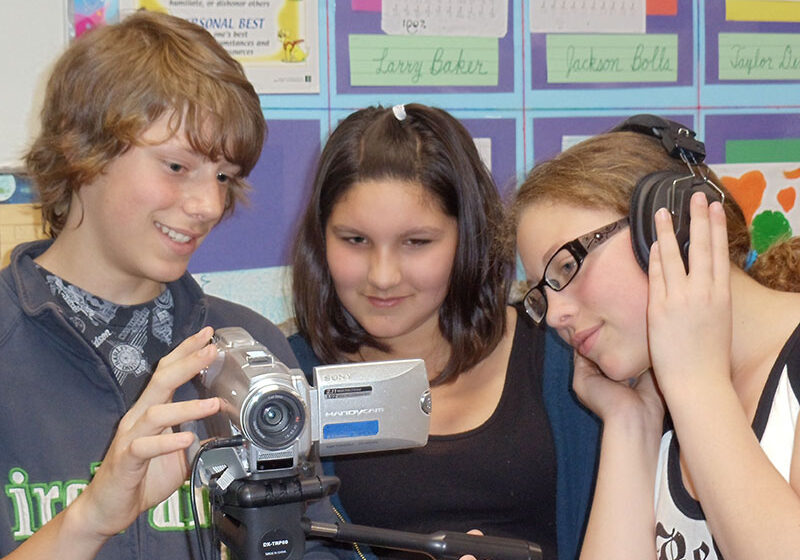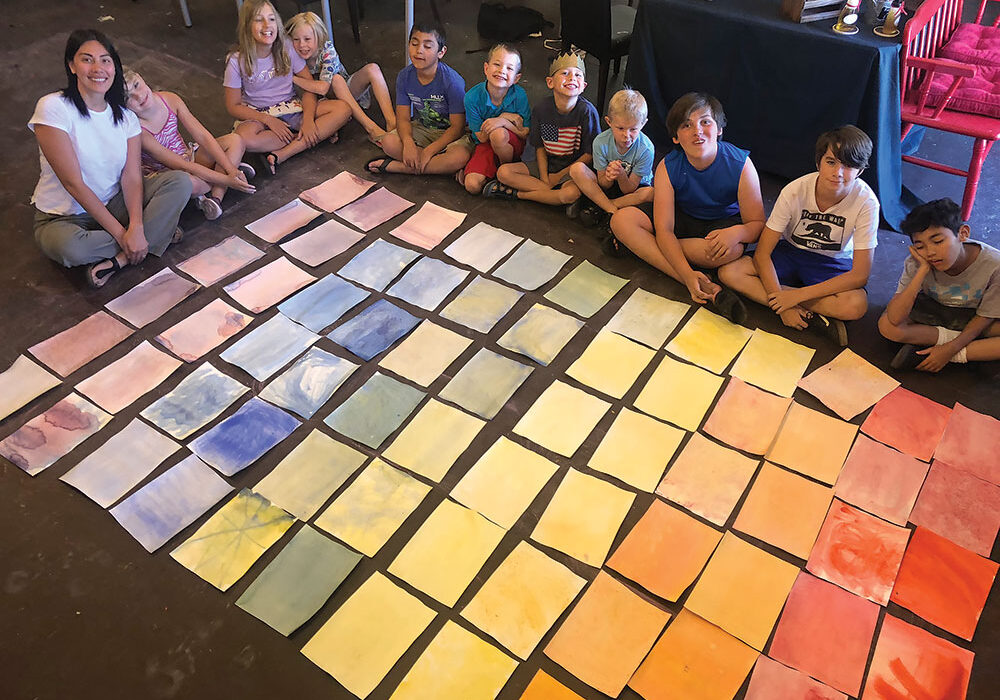 In 2011, The New York Times magazine’s educational supplement published an article called “What if the Secret to Success is Failure.” It’s about character education, and how learning to deal with frustration and failure can help create success later in a child’s life.
In 2011, The New York Times magazine’s educational supplement published an article called “What if the Secret to Success is Failure.” It’s about character education, and how learning to deal with frustration and failure can help create success later in a child’s life.
The article didn’t mention music once, but it should have.
Throughout the nine-page article, the author interviewed principals of schools along with educational consultants and experts. It presented character components that were important for success in later life: grit, perseverance, curiosity, self-control and optimism, and it explained ways to measure and nurture these traits.
I’ve got an easier way to see what kind of character a child has. Just watch how he or she approaches music lessons. Does she slump down in fatigue every time a teacher asks her to play something again? Does he look for praise even after a lackluster performance he knows is full of flaws? Does she avoid practicing the hard stuff at home because it’s too “confusing”?
As a piano instructor, the more I teach, the more I see that success in learning music (and I believe, by extension, in learning anything) has to do with character. Not character as in following the golden rule and standing up to bullies, but character as in an attitude of approaching and dealing with the world and its challenges. Character as in taking responsibility for your learning, and showing up for your life prepared, eager, willing, interested, alert, energetic and engaged.
Interestingly, according to the article, it’s often the smart students – the ones for whom everything in school comes easily – that are among the most resistant to tackling projects that require real work.
In many cases, bright students are underchallenged in school and never really have to deal with the mammoth difficulties that, say, a math-challenged student faces every day when looking at an algebra problem. Even in gifted programs where bright kids are challenged, the steps for figuring out a problem come easily enough and are usually solved without the head-banging frustration of just not “getting it.”
Music is a more even-handed task-master: It challenges the brilliant student just as easily as it challenges everyone else. Becoming a musician is an infinite process … none of us ever stops learning or making mistakes. The bright student’s typical modus operandi – figure it out, do a bit of work, succeed, be done with it – doesn’t apply as there is no “being done with it.” There is always someone better, always a harder piece, always something you can’t do. There’s no top to this mountain, there’s only the climb.
For music students, the “problem” is never entirely solved. As soon as we learn to play one Beethoven sonata, we discover a harder one we want to play. As soon as we figure out what scales Art Tatum used in his improvisations, we are faced with the challenge of playing them as fast and as lightly as he did, with all the melody notes woven in just so. And even when (or if) we can do that, there are other pieces to learn, other styles to master.
In learning and performing music, challenges are abundant: we take forever to “master” a piece, then perform it and make a mistake. The band director doesn’t pick us as first chair. We fail an orchestra audition and the job goes to a younger player. We perform our tour de force technical masterpiece at a community talent show, but the talk of the town is the 6-year-old who improvised on the harmonica.
In essence, the choices we make are not talent questions; they are character questions. Do we fold up and go home? Or do we practice our piece more, try again for first chair, re-audition for the orchestra, and kick our improvisations up a notch? As for the 6-year-old … well, it’s best to learn to never share the stage with a talented little kid. Some battles you just can’t win!
We’ve grown used to hearing about the benefits of music education; serious music students score better on standardized tests, do better in college, and have fewer problems with drugs and alcohol. MRIs have shown that musicians’ brains function differently in terms of neural pathways than non-musicians’ brains.
But we don’t have to examine a music student’s brain to learn about character. Character is evident in the ability to be honest about your mistakes, get up when you’re down, handle frustration, try one more time, and deconstruct a problem and patiently put the pieces back together one at a time.
As music students learn about rhythms, notes and dynamics, it’s worth remembering that the “character education” they are simultaneously receiving is equally or even more important. It’s at the heart of what music teachers offer their students. Music lessons go far beyond learning “The Entertainer” and “Fur Elise” – what’s learned can remain all the way through college and life beyond.
Posted in: Art & Music, Education
Comment Policy: All viewpoints are welcome, but comments should remain relevant. Personal attacks, profanity, and aggressive behavior are not allowed. No spam, advertising, or promoting of products/services. Please, only use your real name and limit the amount of links submitted in your comment.
You Might Also Like...

Closing the Gender STEM Gap
Chico’s American Association of University Women Supports STEM Education *Science, Technology, Engineering, and Math education (STEM) The path to women’s economic empowerment and independence is through education. Michelle Obama is […]

A Tiny School With A Big Voice
Located 47 miles north of Redding, Castle Rock Elementary is a small rural school nestled in the mountain community of Castella. Established in 1887, its tranquil setting and family-like atmosphere […]

Meeting the Moment: Trauma and Resilience Training for Educators
Michelle, a dedicated teacher in San Diego, describes the persistent challenges posed by Lana, one of her students. Lana consistently refuses to follow instructions, disrupts the class with her loud […]

Summer Fun At Your Local Library
Every community has its beloved local library, home to so many community gatherings and fun family events. From summer reading programs and crafts to yoga, animal shows and field trips, […]



